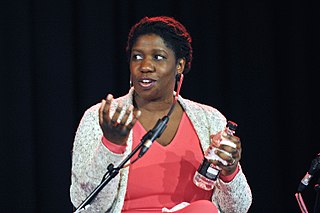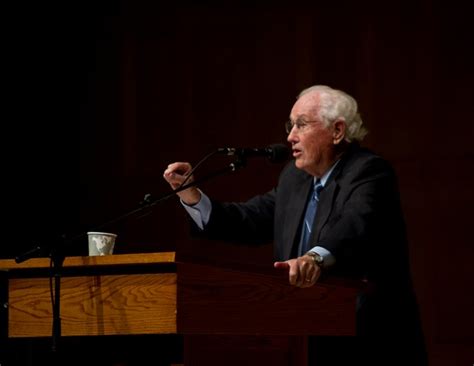A Quote by Paul Zane Pilzer
The erroneous economic belief in scarcity leads directly to the mistaken theological belief that God does not want us to be rich. After all, in a world of scarce physical resources, a person could achieve personal wealth only by taking wealth from another - something that a truly benevolent, loving God would never allow.
Related Quotes
Not understanding the process of a spontaneously-ordered economy goes hand-in-hand with not understanding the creation of resources and wealth. And when a person does not understand the creation of resources and wealth, the only intellectual alternative is to believe that increasing wealth must be at the cost of someone else. This belief that our good fortune must be an exploitation of others may be the taproot of false prophecy about doom that our evil ways must bring upon us.
Religion becomes a matter of belief, and belief acts as a limitation on the mind; and the mind then is never free. But it is only in freedom that you can find out what is true, what is God, not through any belief; because your belief projects what you think God ought to be, what you think ought to be true. If you believe God is love, God is good, God is this or that, your very belief prevents you from understanding what is God, what is true.
Nature does not conquer the world to God. It never has. It never will. In America, with its vast abounding wealth, its grand expanse of prairie, its reach of river, and its exuberant productiveness, there is danger that our riches will draw us away from God, and fasten us to earth; that they will make us not only rich, but mean; not only wealthy, but wicked. The grand corrective is the cross of Christ, seen in the sanctuary where the life and light of God are exhibited, and where the reverberation of the echoes from the great white throne are heard.
To stay away from Christianity because part of the Bible’s teaching is offensive to you assumes that if there is a God he wouldn’t have any views that upset you. Does that belief make sense? If you don’t trust the Bible enough to let it challenge and correct your thinking, how could you ever have a personal relationship with God? In any truly personal relationship, the other person has to be able to contradict you.
It is a fool only, and not the philosopher, nor even the prudent man, that will live as if there were no God... Were a man impressed as fully and strongly as he ought to be with the belief of a God, his moral life would be regulated by the force of belief; he would stand in awe of God and of himself, and would not do the thing that could not be concealed from either.
Obviously, if theism is a belief in a God and atheism is a lack of a belief in a God, no third position or middle ground is possible. A person can either believe or not believe in a God. Therefore, our previous definition of atheism has made an impossibility out of the common usage of agnosticism to mean "neither affirming nor denying a belief in God."
What do you conceive God to be like? Some would say to believe at all in a personal God requires a giant leap of faith - but I am convinced that belief in God is a far more reasonable position than atheism. Nature, the personal experience of literally billions of people, and something innate in the heart of man all testify to the existence of God.
Lots of people today would never consider themselves guilty of idolatry as far as it is spelled out in the Ten Commandments, but by reducing God to some benevolent "man upstairs" whose only attributes are love and tolerance, and who could not care less about sin, they truly have transgressed God's commandment. They have created a god in their mind who does not actually exist and will on the day of judgment, not be able to offer them any help.





































